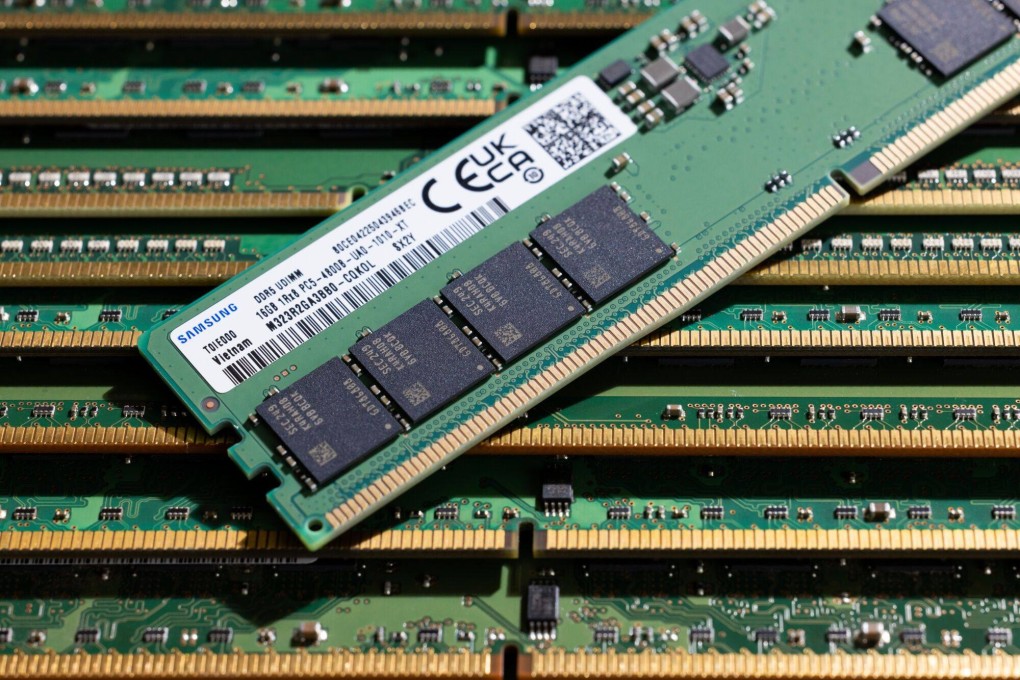South Korean memory chips lift national exports in January for a strong start to 2024
- South Korea’s headline exports rose 18 per cent in January, beating expectations, on the back of strong memory chip exports, which leapt 56.2 per cent
- Other drivers of South Korea’s exports include automobiles, petrochemicals and shipbuilding, which underpin the nation’s broad industrial base

South Korean exports maintained growth momentum in January in a positive start to 2024, as demand for semiconductors continued to improve.
Shipments adjusted for working-day differences increased 5.7 per cent from a year earlier, according to data released on Thursday by the customs office. Headline exports rose 18 per cent, compared with economists’ forecasts for a 17.6 per cent increase, with the outcome helped by more working days compared with a year earlier. Overall imports declined 7.8 per cent, as the trade surplus narrowed to US$300 million.
While the growth in holiday-adjusted exports moderated from about 14 per cent in December, a closer look shows demand for South Korea’s leading products stayed robust.
The biggest driver of the export rebound has been memory chips. Semiconductor exports increased 56.2 per cent from a year earlier in January, the customs office said, in the biggest rise since December of 2017.
“Electronics export growth momentum in both Taiwan and Korea in recent months has been particularly strong,” Citi Research analysts led by Johanna Chua wrote this week. “If the tech upcycle broadens out, it should be more economically meaningful to Vietnam, Singapore and Malaysia.”